What makes for the most helpful therapy experience? What You Need to Know.
Therapy can be curiously daunting for someone who has never experienced it. Since therapy is uniquely personal, you can only truly know what the experience is once you are immersed in it.
What makes for successful therapy? How can it best help you and how can you make the most from the experience? Here are the five predictors of good therapy. How it becomes one of the best experiences of your life – is based on you. Your willingness (1) to approach it with an open mind (and heart); (2) to see it as a journey that safely allows you to explore and experience yourself in ways that are insightful and different from what you have likely observed before; and (3) to discover and learn about yourself – and to implement the change that will allow you to live as the best version of yourself.
Every registered or licensed therapist has been skilfully trained to provide treatment in a systematic and proficient way based on what model(s) of psychotherapy they have studied. What is unique to each therapy experience – is the therapist’s professional style (often this is reflected in their specific training), their experience in the field, their cumulative life experiences, as well as their beliefs and values – all of which serve as the backdrop for how they approach and practice. Something that I highly recommend you consider before committing to one particular person – is to interview a select number of therapists – to see with whom you have the most rapport, and with whom you feel most comfortable to reveal yourself with absolute honestly – because you will be needing to share much of your inner self; perhaps in some ways – more so than with your closest confidant.
Therapy works best when you are completely truthful and forthcoming with the information and details that your therapist would need to know in order to help you; and to reveal what is pertinent to your experience in therapy – and to what you are actively doing or not doing towards the desired goals that you have. While the practice of psychotherapy is to improve mental health; to treat mental and/or psychological, emotional and behavioural disorders using psychological means – how you experience therapy will vary based on who you choose to help you along your journey and the amount of effort and work that you are willing to contribute. Ultimately the desired changes that you are seeking are likely changes that you want to be lasting. This means to embrace the work of therapy as a guided process of introspection and understanding of one’s self; one thoughts, feelings, and actions – governing beliefs, and life experiences as these apply to how you will witness and choose to live – life.
There are the five main predictors of good therapy; in other words, what you need (from the session, from the therapist, and from yourself) in order to have the most helpful and positive experience.
Predictors of what makes good therapy:
1. The 3 C’s: You feel a high level of comfort, connection, and confidence in ‘your’ therapist. This is also called rapport building, although it is even more than that. You must be able to feel a confidence that your therapist can help you, a level of comfort in the process and the therapist – and an emotional connection that builds as you continue working together. What clients report as most helpful to their therapy experience is the following: confidence in their therapist’s abilities, a therapist who is able to show compassion and empathy, not feeling judged, liking the therapist (as in establishing a positive connection and liking the person they are working with), being guided and supported through the process whilst feeling safe to be able to express one’s self – honestly, and lastly – learning – as a consequence of this journey including learning about themselves and how to make desired changes.
2. Flexibility and Openness. I encourage clients to set the agenda for each session and to ‘bring to the session’ not only the results of what they have been working on since we last met – but to address anything that is new and relevant in our work together. Therapy is and needs to be – flexible and open. As a therapist, I check in with clients as to their experience of the previous session, including what was useful or helpful about the work they did on their own between appointments based on their stated desires and objectives. This means that if a client was working on a new behaviour, forming a new habit, or practising a new way of thinking – that they have the opportunity to report back not only their successes but where they may have experienced some challenges. This allows us to make further adjustments, and to add new strategies so that a client ultimately has what they need and what works best for them. Since therapy is also a means of learning more about yourself – and making changes to how you are (and perhaps how you have been living) that is no longer serving you – implementing what you are learning in therapy into your life, means that you will be able to have the experiences that tell you whether what you are now applying is helping, or if you need to do something more or different to achieve your desired outcome. You must also feel comfortable to bring to the therapy session whatever arises in your life that may take priority over what what may have been planned for a particular session. In being flexible to discuss whatever is most important to you, you also need a therapist with an open mind (and heart). An openness of mind, a willingness to understand you and your situation, and the ability to convey honestly what they witness of you – is how a therapist can best help.
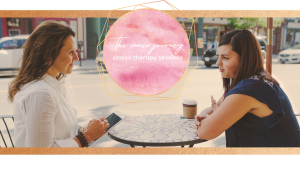
3. Flow; relevancy to said problem or issue. Good therapy is a journey. It is more art then science at times, and a therapist must be able to use a balance of intuition and skill set – in order to allow for the process to be organic. Flow is the unfolding of a process that occurs naturally and yet has important directive for what you want to accomplish. Socratic questioning allows your therapist to explore how you are thinking and feeling – and more specifically: complex ideas, uncovering truth, opening up issues and problems, exploring assumptions, analyzing concepts, and more. Socratic questions offer a helpful process – a flow – in which you begin to think differently about your particular situation – and in doing so, discover your own best answers and insight for what you need to do. How I help specifically is by guiding (and supporting) this process whereby you reveal your best answers and decisions based on the socratic questions that help access your intuitive knowing. This is also how you begin to rely (with more confidence) on yourself for answers and right knowledge. Part of what makes for ‘good therapy’ is a therapist’s ability to teach you how to become your own best source of knowledge and wisdom. This coupled with the right tools and strategies for helping you navigate through a particular situation (and your life) with greater ease, is what makes therapy helpful and constructive.
4. Knowledge and Wisdom. Counselling and therapy are actually part of a worldwide, ‘century-old’ helping/healing practice. Consider that therapists are the inheritors and guardians of a timeless wisdom. Finding a therapist that employs this inherent wisdom – to guide the therapeutic process in such a way that you are helped and that these other four predictors are apparent – is most valuable in what makes for a good (even a great) therapy experience.
5. Trust. Because there may be times in which you leave my office feeling a wide range of emotions; because there will be occasions when you do not agree with the perspective that I ask you to consider; and because sometimes you will be challenged to look at aspects of yourself that you would prefer not to – there will be occasions when you need to trust in my guidance of the process; that we will find our way during this session – and in the therapy process in general – to precisely the place you need to be – and with the skills and tools that will help you most. You may witness first hand how healing and the return to wholeness requires that you acknowledge your dark side; and the self critical or sabotaging thoughts and behaviours that you do not wish to continue with. You will also need to trust in the relationship that we have established – to be able to convey your thoughts and feelings with honesty; to speak up when you are unnerved or riled, – so that we may be able to dialogue about what has just happened in a way that can offer meaning, clarity and understanding. It’s normal and natural to have moments when you feel triggered, confused, or uncertain. This is not the time to be silent because in holding back from speaking honestly – your truth – you may hinder the process from being supportive and helpful. This goes the same for your therapist. If there is something that they are witness to that can help you – it must not be held back; for this is also what may limit you from accomplishing all that you can in therapy.
There are a myriad of other factors that are considered to be important therapeutic tools for curating an alliance and for achieving one’s goals in therapy. These five predictors will give you some important guidelines to consider and establish in finding the ‘right’ therapist to help you. In helping you to decide, request an initial discovery session by phone or in-person – and interview who you are considering to work with. If you have been referred by someone you trust, or you feel confident in getting started – take the plunge and have a full session. Like any new relationship, working with a therapist will require some time in getting to know how they work and to witness yourself in this experience – to notice what is most helpful for you.
If you are considering psychotherapy and would like to experience a 15 min discovery session with me, please click the image and complete the brief contact form. I’ll be in touch with you to arrange for our DISCOVERY SESSION together. Namaste!



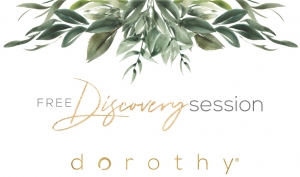

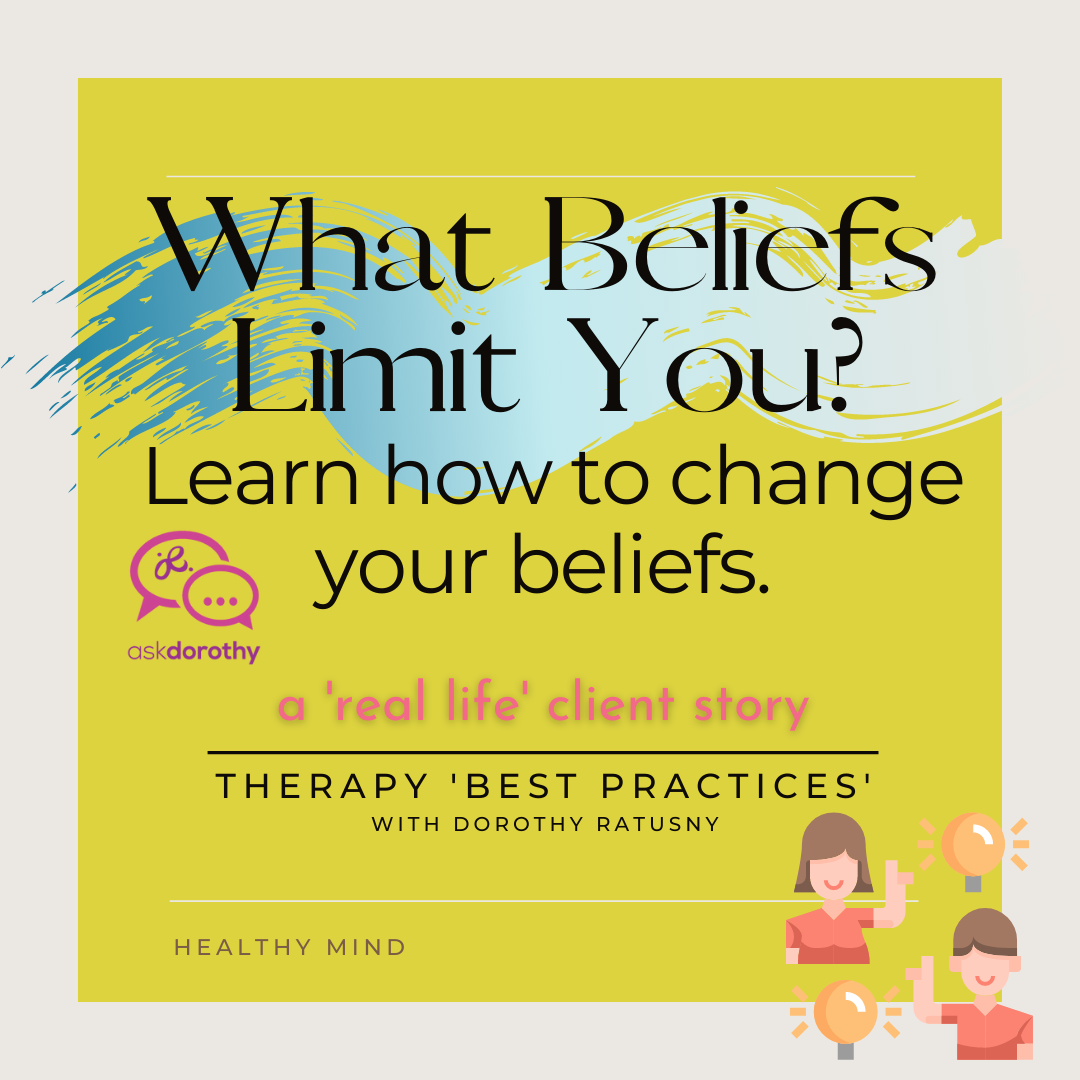
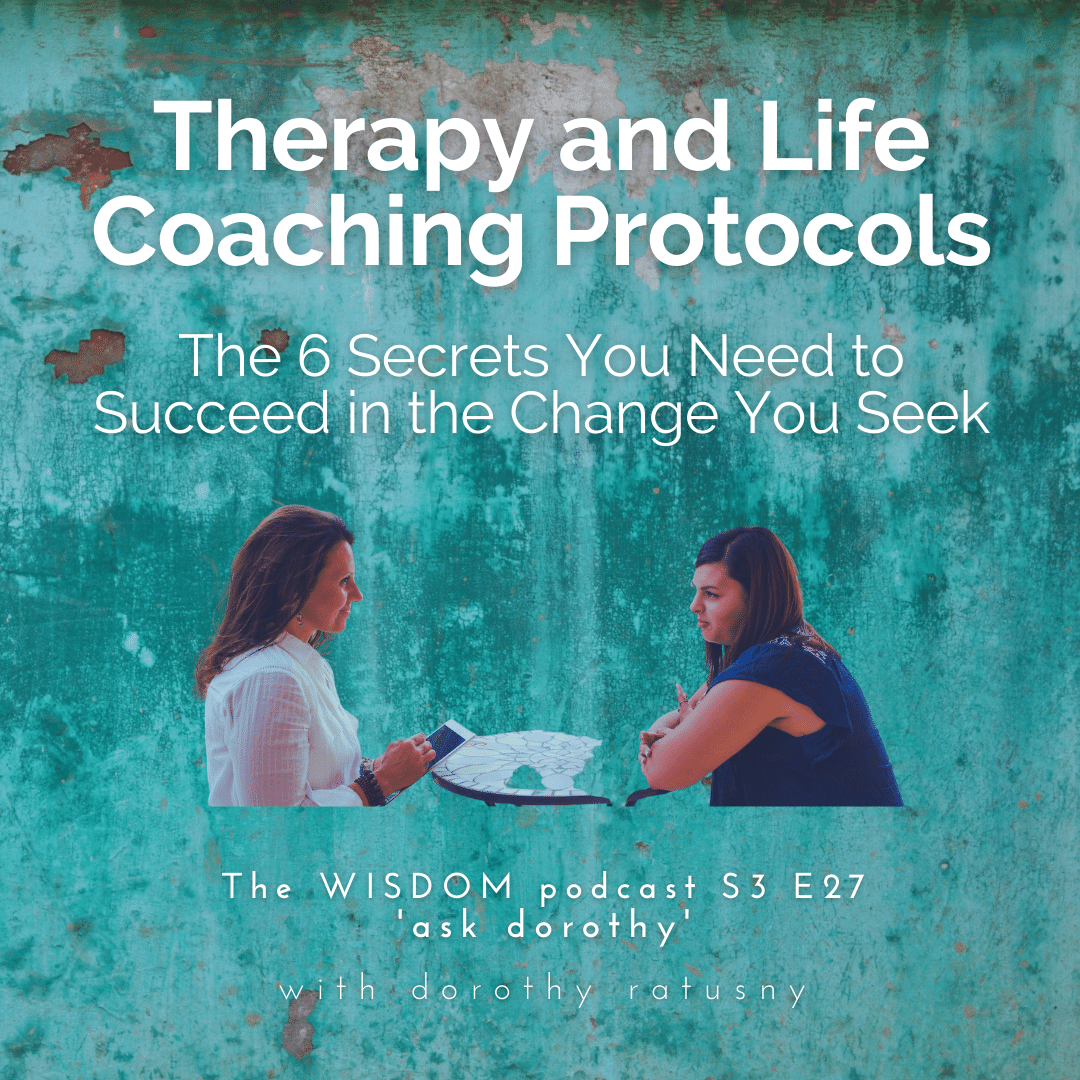

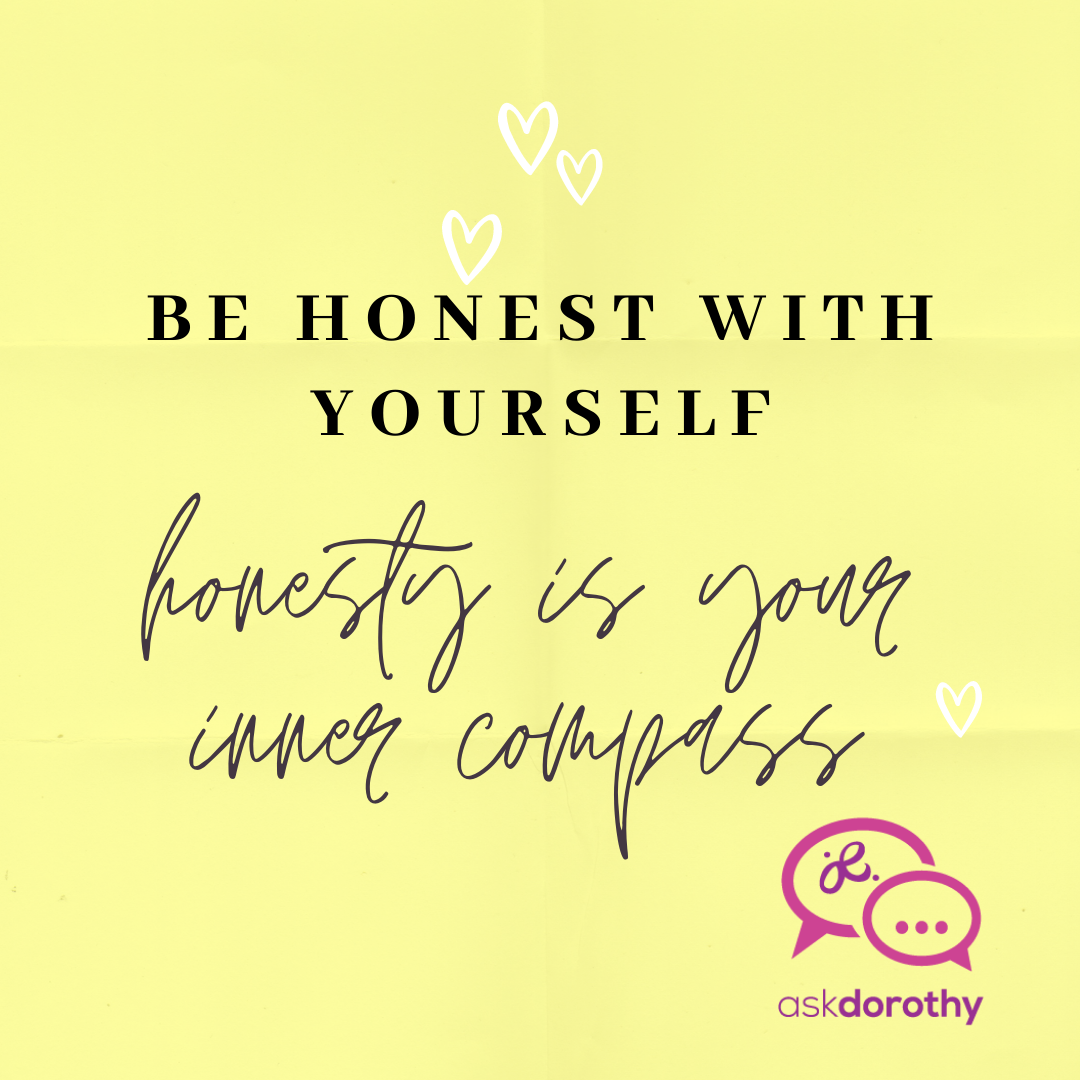






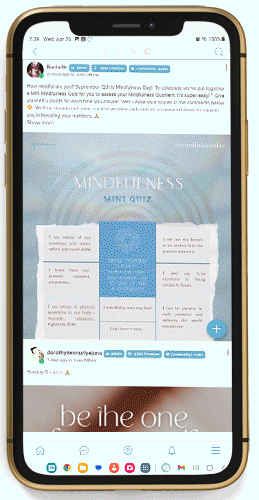

Leave A Comment
You must be logged in to post a comment.